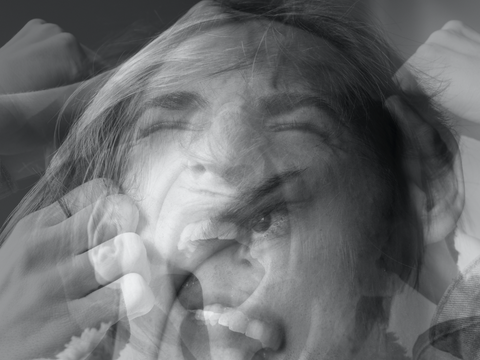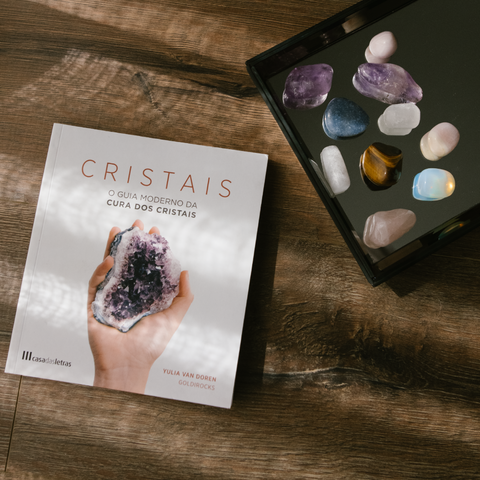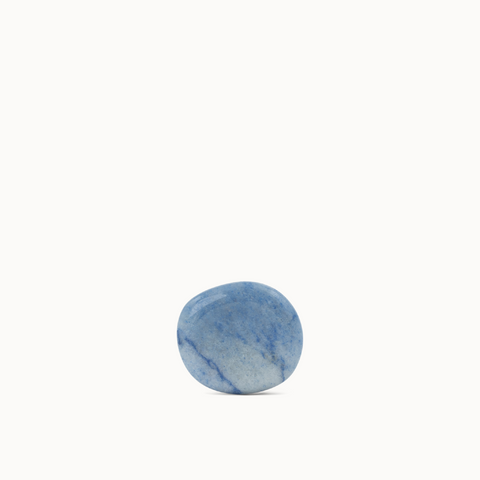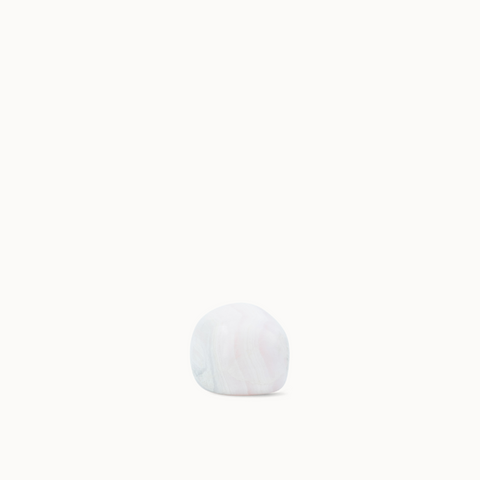Anxiety is a mechanism in our brain that serves to alert us in adverse and unknown situations. Under normal circumstances, it improves our performance and helps us in adaptation situations. Therefore, we can describe anxiety as a healthy and necessary emotion, as it makes us react to problems and adversity. When normal, anxiety can be seen as a state of tension that arises in certain situations seen as threatening. However, in excess, anxiety can have the opposite effect and simply paralyze us. In these cases, it becomes pathological and needs to be treated.
Establishing the border between normal and pathological is not easy, but we can establish that this limit is crossed when it causes us suffering and significantly interferes with our daily lives.
Anxiety then causes a feeling of great physical and psychological discomfort, together with insecurity, restlessness, anguish and even despair.
Predominant symptoms:
Dizziness, feeling of fainting;
Tremors, restlessness and muscle tension;
Sweating (intense sweat);
Shortness of breath, suffocation or choking;
Tachycardia, accelerated heart rate;
Change in sleep patterns;
Difficulty concentrating;
Gastrointestinal changes;
Tiredness and fatigue;
Irritability and aggressiveness;
Excessive fear and worry.
Common types of anxiety:
Phobias;
Obsessive-compulsive disorder;
Panic attack;
Post-traumatic stress disorders;
Generalized anxiety.
Tips for dealing with anxiety
LIVE THE PRESENT.
How often do you find yourself thinking about a past event or worried about something that might happen in the future? In both situations, you are not living in the present moment, nor are you aware of what is happening in the here and now, and this can generate anxiety. When you realize that you are “out of the present”, gently bring your attention back to what you are seeing, hearing, experiencing. Mindfulness meditation is a tool that can be very useful.
BREATHE.
Anxiety causes short, labored breathing. By regaining control of your breathing you can, in reverse, calm your mind. Take a few deep breaths, preferably through your nose, or apply one of the various breathing techniques that exist to send the message to your brain that you are calm. Breathing will be your anchor to return to the present and calm.
MONITOR YOUR THOUGHTS.
A very common symptom in cases of anxiety are intrusive and negative thoughts. It is important that you become aware of them and, without criticism or judgement, try to look at the situation from a different, positive perspective. Remember that you may not be able to control or change the situation, but you can choose how you deal with it.
PRACTICE PHYSICAL EXERCISE.
Practicing physical exercise helps to deal with anxiety states, because it increases the production of serotonin, a substance that increases the feeling of pleasure. Choose an activity to your liking and invest in it. If it's outdoors, even better! Walking and yoga have been shown to be very beneficial activities in cases of anxiety.
SLEEP WELL AND TAKE CARE OF YOUR DIET.
Sleeping well and restfully can be a great help in cases of anxiety. To achieve this, it is important to cultivate sleep hygiene, minimizing distractions and lights, having a welcoming environment in the bedroom and not eating heavy meals before going to bed.
Regarding food, we can eat foods that are sources of tryptophan, an amino acid precursor to serotonin, such as bananas and chocolate. Teas are also great aids, as most contain substances that work as mild sedatives and can help control daily anxiety. The best known and most studied plants with this action are passionflower, chamomile and valerian.
SPEND TIME WITH THOSE WHO DO YOU GOOD.
Being with someone you feel good about or doing an activity you enjoy is very important, as it will stimulate four natural chemicals in our bodies, generally defined as the “happiness quartet”: endorphins, serotonin, dopamine and oxytocin.
Find time to socialize with due care, as the feeling of “belonging” is one of the pillars of well-being that makes us feel good and satisfied simply by being surrounded by people we like.
GET THERAPY.
It is not always possible to deal with anxiety disorders alone, and therapy is a great ally in improving mental health. In cases like this, one possibility is cognitive-behavioral therapy. Consulting with a clinical psychology professional is one of the best solutions for learning how to deal with your anxiety and take care of yourself.
This article is part of a partnership with the company Doctorino and was written by its editors.



















